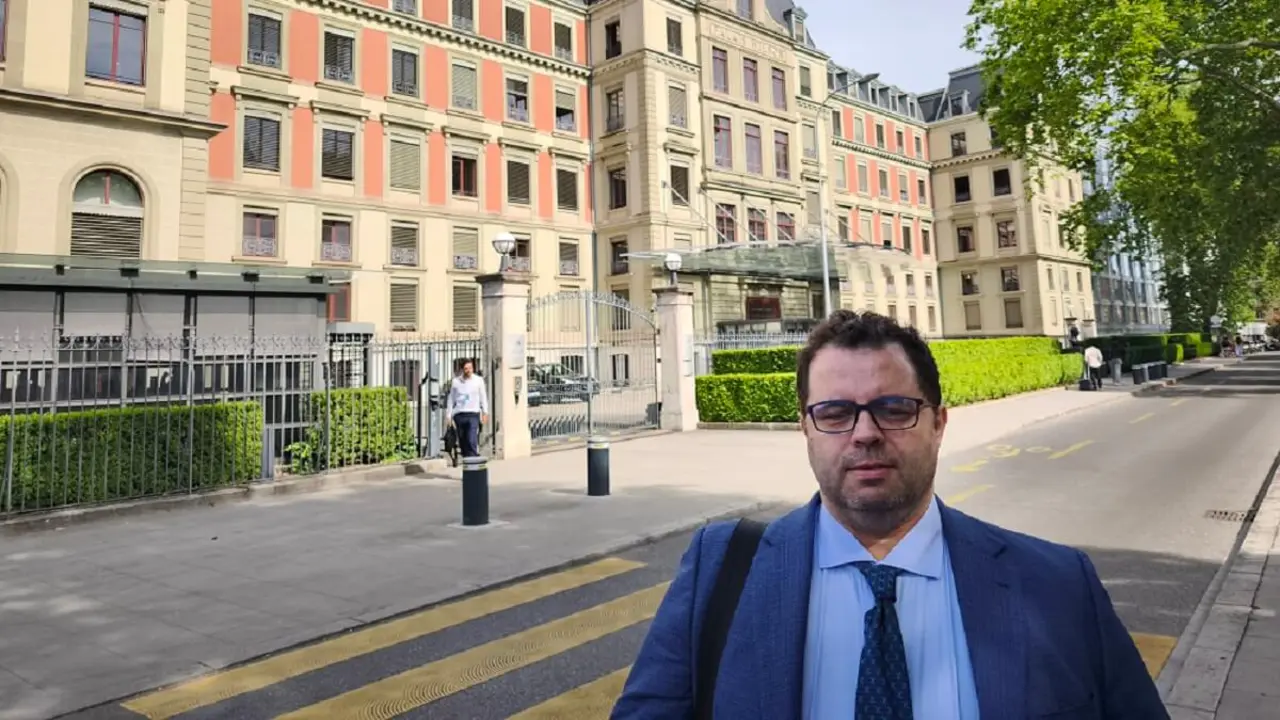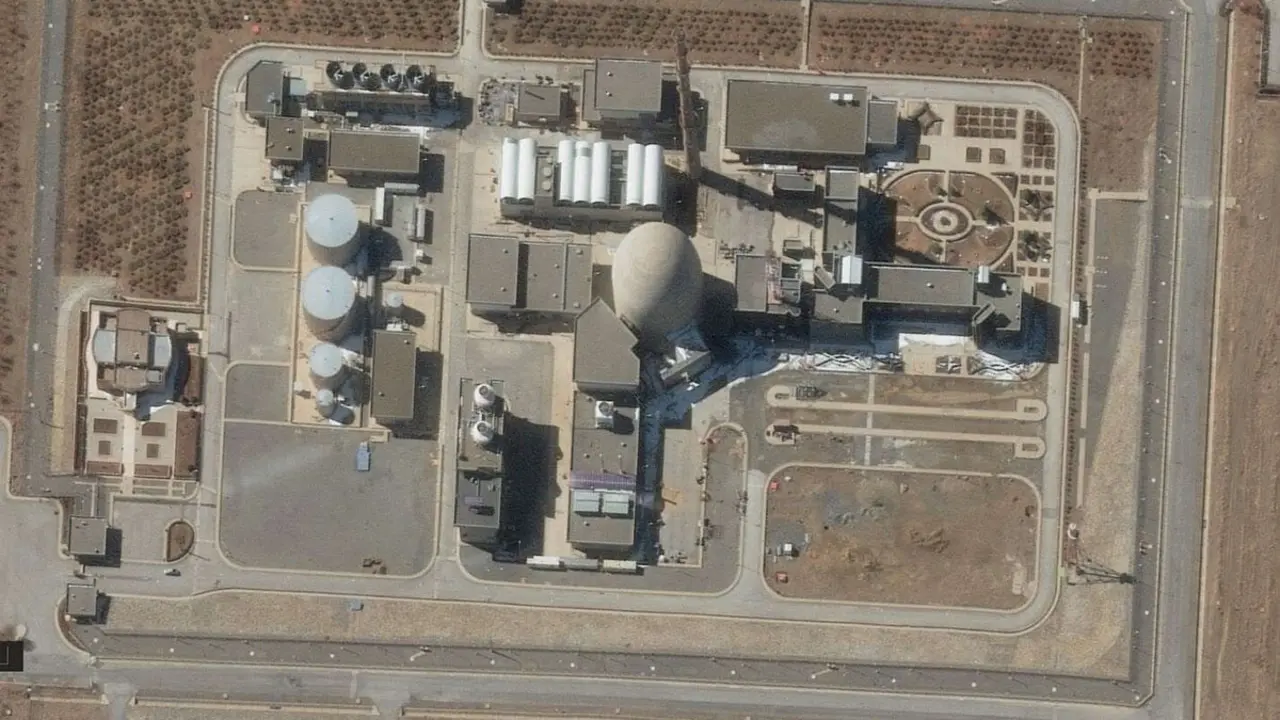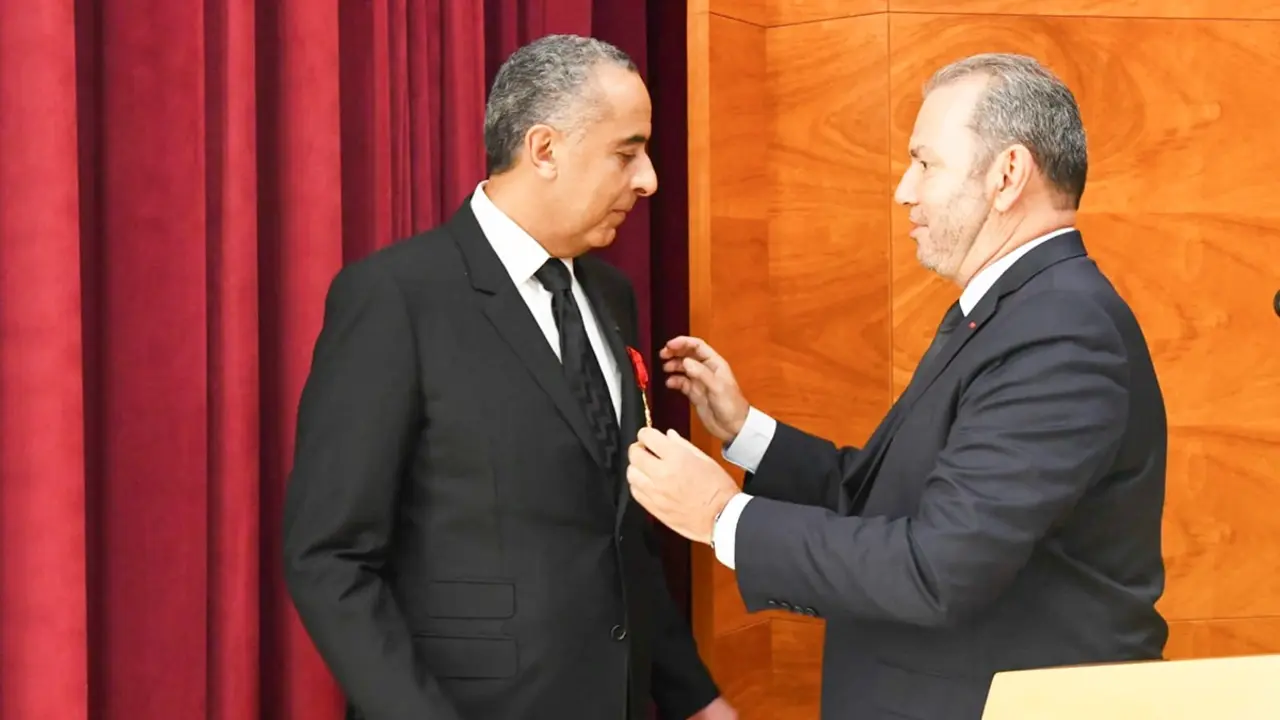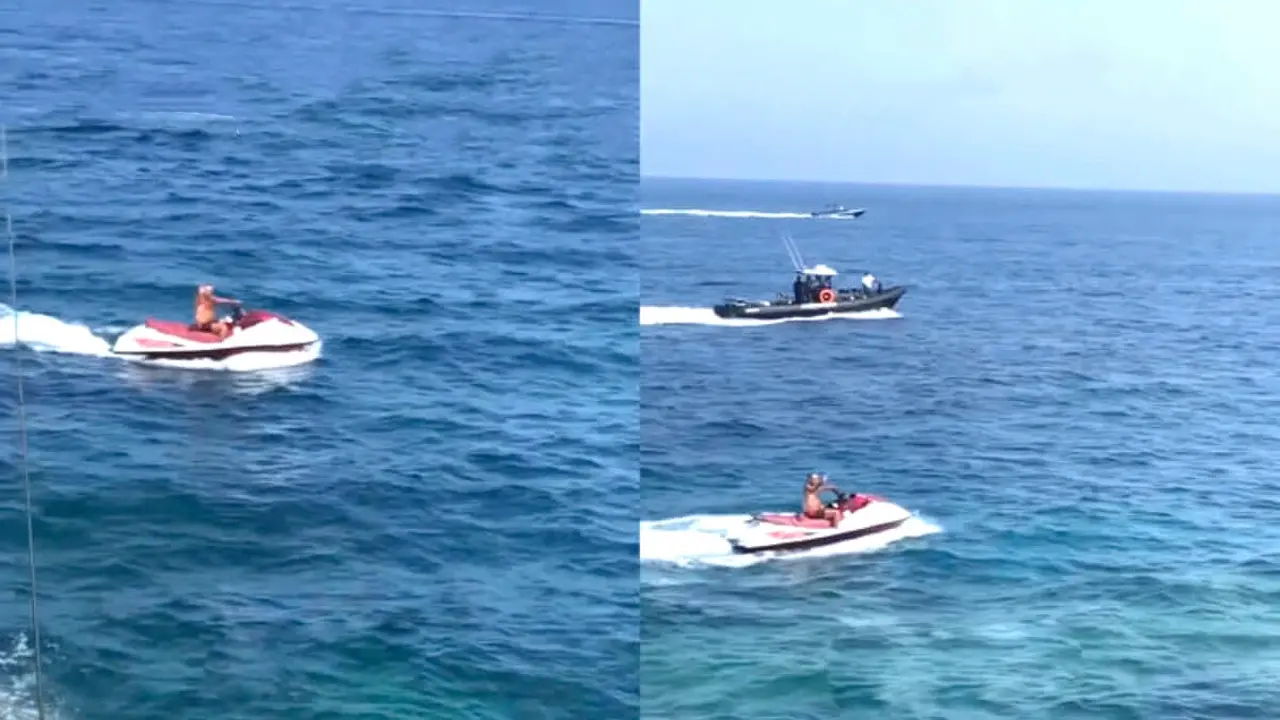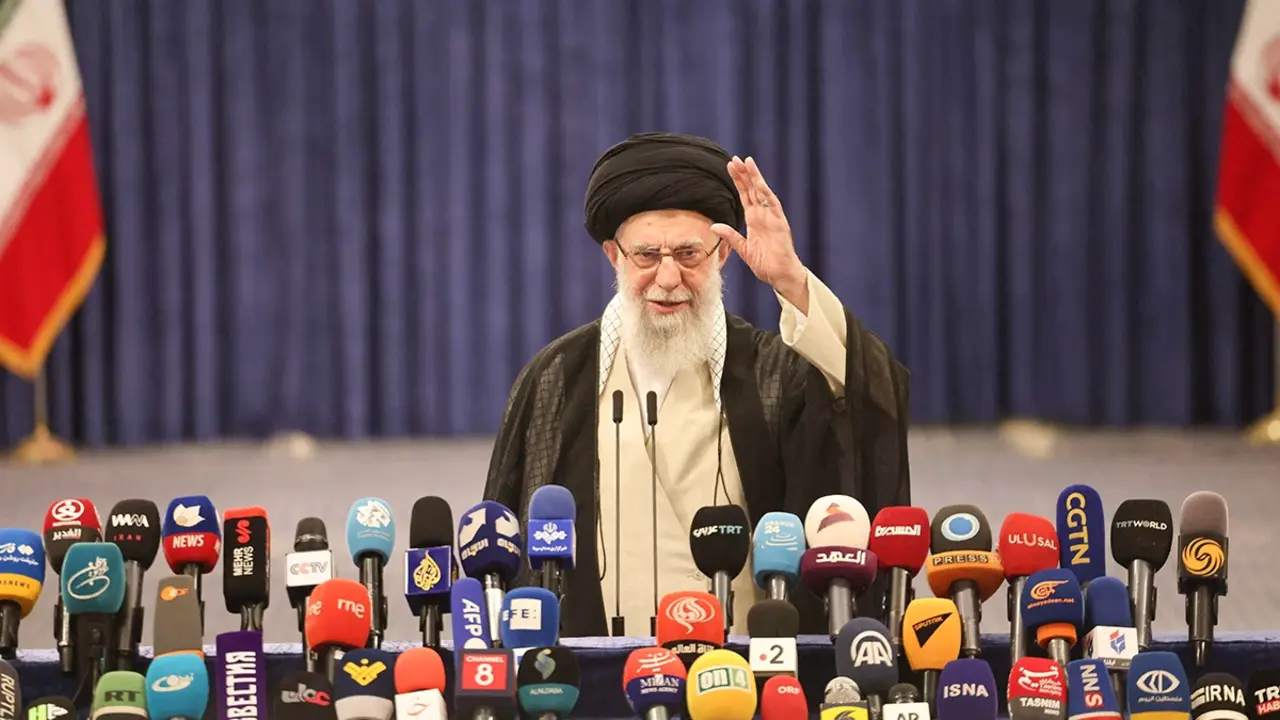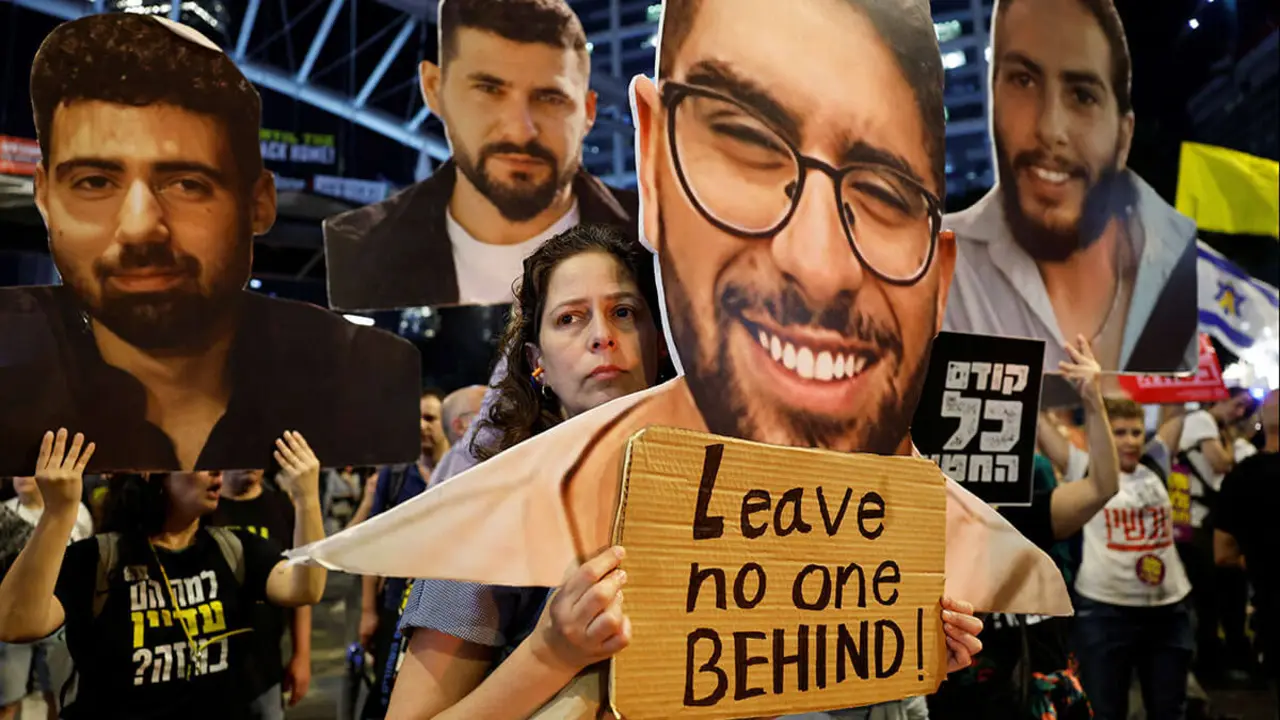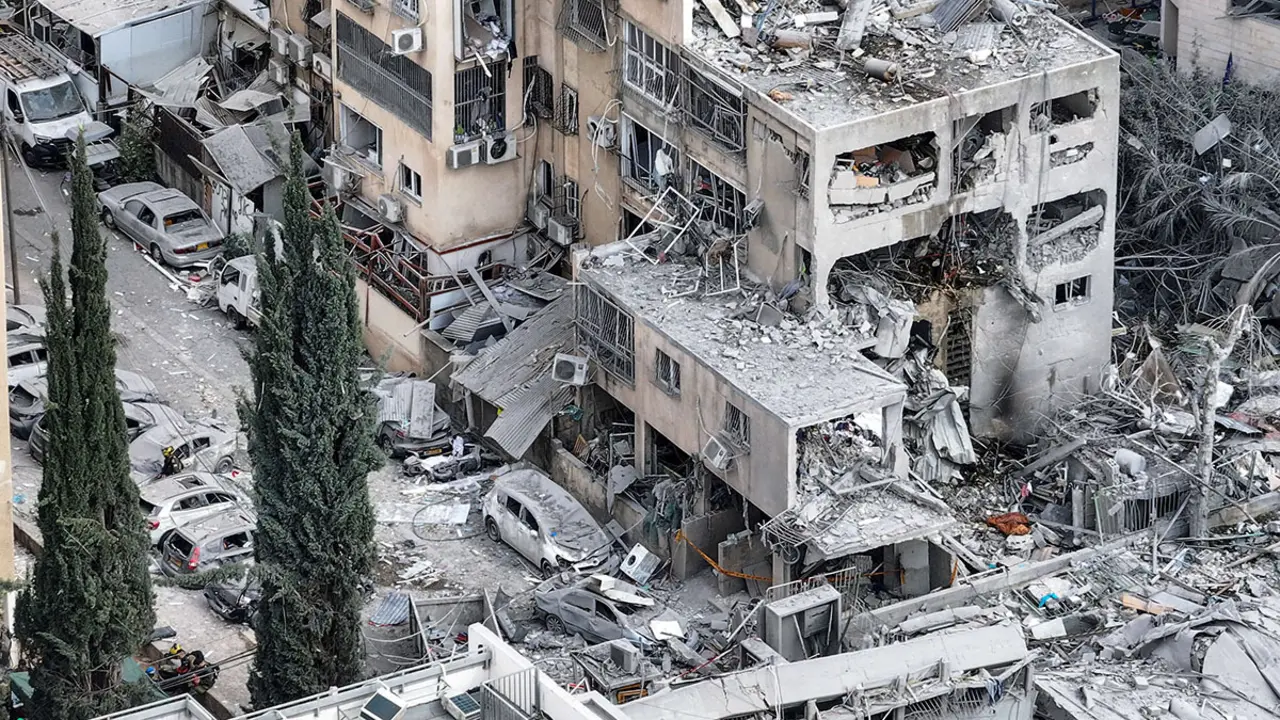Sánchez will travel to Kiev in the next few days to meet with Zelenski

Pedro Sánchez, President of the Spanish Government, will travel to Kiev in the next few days to meet with the President of Ukraine, Volodimir Zelenski, as confirmed by La Moncloa Palace itself.
The reopening of the Spanish embassy in the Ukrainian capital was also announced, as confirmed by various government sources and reported by media outlets such as RTVE.
According to these reports, the motivation for this reopening is to respond to the "commitment" of the Spanish government and Spanish society itself to the Ukrainian people.
Pedro Sánchez will meet with Volodimir Zelenski and also with the Ukrainian Prime Minister, Denys Shmyhal, to convey in person Spain's solidarity in the face of Russia's invasion of his country. The Moncloa did not give details of the trip for security reasons, obviously due to the war situation following the Russian invasion of Ukrainian territory.

Isabel Rodríguez, the Spanish government's spokesperson, said that there were no further details about the trip for security reasons, given the difficult situation of the war on Ukrainian territory. After the last meeting of the Council of Ministers, Isabel Rodríguez stated that the President of the Government's trip was part of Spain's support for Ukraine and its "outright rejection" of Putin's "unjust war".
This trip by Pedro Sánchez comes after the last telematic appearance of Volodimir Zelenski before the Congress of Deputies in which he valued the Spanish support and in which he compared the terrible situation in Ukraine with episodes experienced in the Spanish Civil War, such as that suffered in the bombing of Guernica in 1937.
"We are in April 2022, but it seems like April 1937, when everyone heard about Guernica," Zelenski told the Spanish MPs.

Other European leaders have also already visited Kiev, such as Boris Johnson, Prime Minister of the United Kingdom, and Ursula von der Leyen, President of the European Commission, and Josep Borrell, EU High Representative for Foreign Policy, who saw first-hand the horrors and devastation caused by the Russian invasion of Ukraine.
The message of solidarity and support is clear with these personal endorsements from various European political figures, who are helping Ukraine to stand firm in the face of Russian aggression, while fighting continues to intensify, especially on the eastern flank of Ukraine, where Russia has redoubled its efforts in a new stage of its military offensive.

